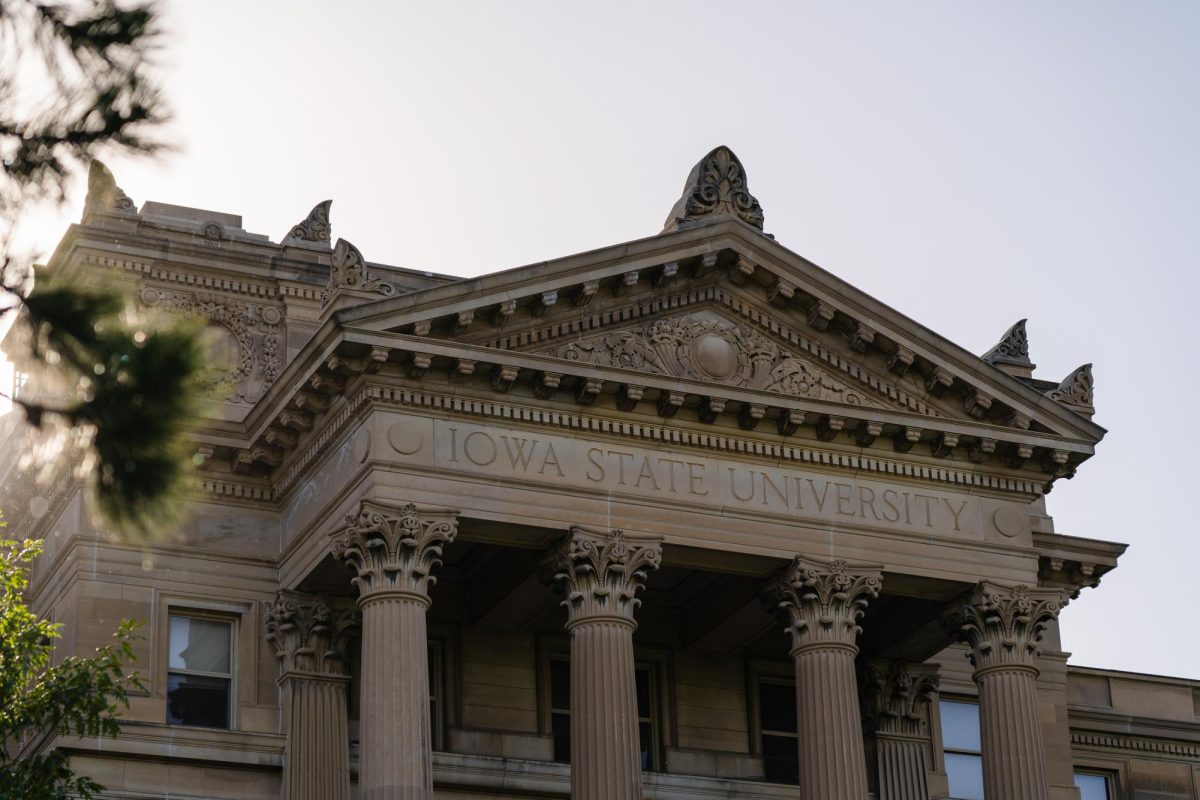COLUMN: Efforts continue to end sexual violence
June 2, 2004
It could be said that the Catholic Church has a certain way of attracting political controversy like none other.
Last weekend was no exception to this rule, as the Rainbow Sash Crusade (a gay-rights group) engaged in a highly public campaign at churches in Chicago. Members donned rainbow sashes to openly declare their sexual orientation and in turn ask the church to welcome openly LGBT members. In response, Cardinal Francis George of the Chicago Archdiocese instructed his priests to deny communion to anyone wearing one of said sashes. True to form, several churches denied communion to sash-wearing members.
LGBT advocates have just cause to complain about the Catholic Church’s myopic views on homosexuality, just as the Church is well within its bounds to carry out its teachings as it sees fit. Yet, what is more important here is that communion is not the appropriate place for a political statement.
By making communion into a public showdown with the church, agitators for a more enlightened view of LGBT issues play into the same error various bishops have made by threatening to deny communion to public figures who support abortion: They have made the Eucharist into a political hostage.
Followers of the Catholic tradition would hold that Holy Communion is perhaps the most important sacrament celebrated within the Church, believing that the bread and wine are themselves transformed into the blood and flesh of Jesus Christ. In as much, it seems wholly inappropriate to make such a sacrament into a political football, be it by the church or those who differ with its positions.
Yet by engaging in what amounts to nothing less than a highly public confrontation, protesters politicize communion just as much as any bishop who publicly declares that abortion rights politicians are unacceptable at Mass. Neither of these is what the communion is intended to be about, which, as George told the Chicago Tribune, is to be, “…about Jesus Christ. It’s not supposed to be any other kind of statement.”
We couldn’t agree more — but that goes equally for bishops who would use communion as a means of bringing wayward Catholic politicians back into line. Communion is not the appropriate forum for politics, be it from the church itself or its discontents. Just as it is wrong for bishops to attempt to coerce wayward politicians into line through the sacraments, it is equally wrong to pervert the sacraments into a game of political gamesmanship.
There is an appropriate place for dialogue with the Church on its teachings — but the Eucharist isn’t one of them.






